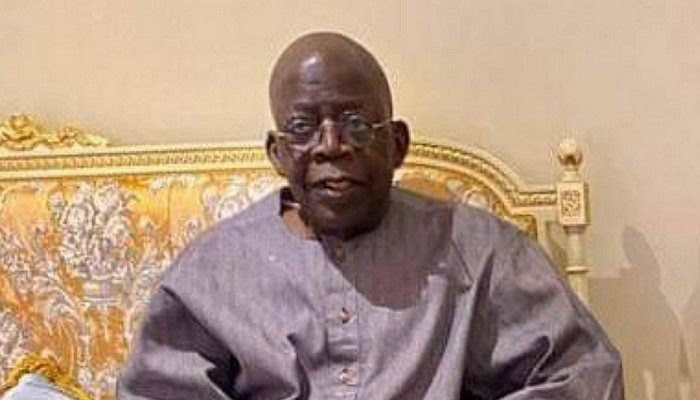
By Segun Adeleye
Education and ASSU Strike
Schooling in Nigeria could be very frustrating with the incessant strike by the Academic Staff Union of Universities (ASUU) which kept students at home, with many spending extra years to complete their academic programmes.
According to a report that documented the issue, since Nigeria’s return to democracy in 1999, ASUU had gone on strike for 16 times, shutting down academic activities in universities for more than a cumulative period of 4 years in 23 years, leading to constant disruption of the academic calendar and much to the frustration and disappointment of students on the inability of the academic union and the Federal government to settling their differences. The last strike from February 14, 2022 – October 14, 2022 lasted 8 months while before that the union embarked on a 6 months strike in 2013, a week’s strike in 2014, a 36-day strike in 2017, and in 2020 it went on a 9-month-long strike.
It’s important to note the recurrent issues in the ASUU’s agitation, which include the revitalisation of public universities, earned academic allowances, funding, autonomy, and demand for the University Transparency Accountability Solution (UTAS) as a replacement for the Integrated Payroll and Personnel information system (IPPIS). ASUU had accused the government of reneging on their agreement to fund universities properly; explaining that the government agreed to inject a total of N1.3 trillion into public universities in six tranches, starting in 2013 to release N200 billion and N220 billion each year for another five years.
But in the real sense of it, what ASUU is asking for is not too much for the nation to maintain a competitive global standard in its tertiary institutions.
To break the jinx of ASUU strike will be one of the greatest achievements of the Tinubu administration and this can be done by reviewing the funding options for the universities.
If I were Tinubu, while primary and secondary education must be free and compulsory, it would be ingenious for the government to immediately introduce student loan scheme in the tertiary institutions and then adopt the option of getting schools to charge competitive school fees to fund their programmes. For students to obtain loans for school fees should be seamless while repayment will be in installment after graduation when they start working.
From the estimation of an ex- Vice-Chancellor, Obafemi Awolowo University, Prof. Eyitope Ogunbodede, the school runs an annual personnel budget of about N10 billion with a student population of about 25,000 which will be covered by charging N400,000 per student per session.
According to him, the average charge of N400,000 can be achieved if students pay between N200,000 and N600,000 per session, depending on their courses, which will be nowhere near the N900,000 to N3 million per session that students are paying in most private universities today.
To fund the student loan scheme, the government should look at the tertiary education tax which currently stands at 2.5% and if necessary seek for upward review to 5% when the economy improves.
Moreover, government should encourage institutions to establish business ventures, commercialise their research findings and patronize them to yield constant revenue.
It’s important to note that most outstanding universities around the world like Harvard have diversified revenue portfolio of education or tuition, sponsored research, and philanthropy as main sources of revenue. These institutions are not cheap as they have to pay professors and other faculty members’ competitive wages in order to keep them there.
*Segun Adeleye is the President/CEO, World Stage Limited; Creator, OELA Music; Author of ‘So Long Too Long Nigeria’ and Founder/Chairman, Segun Adeleye Foundation for Good Leadership in Africa (SAFFGLIA).






